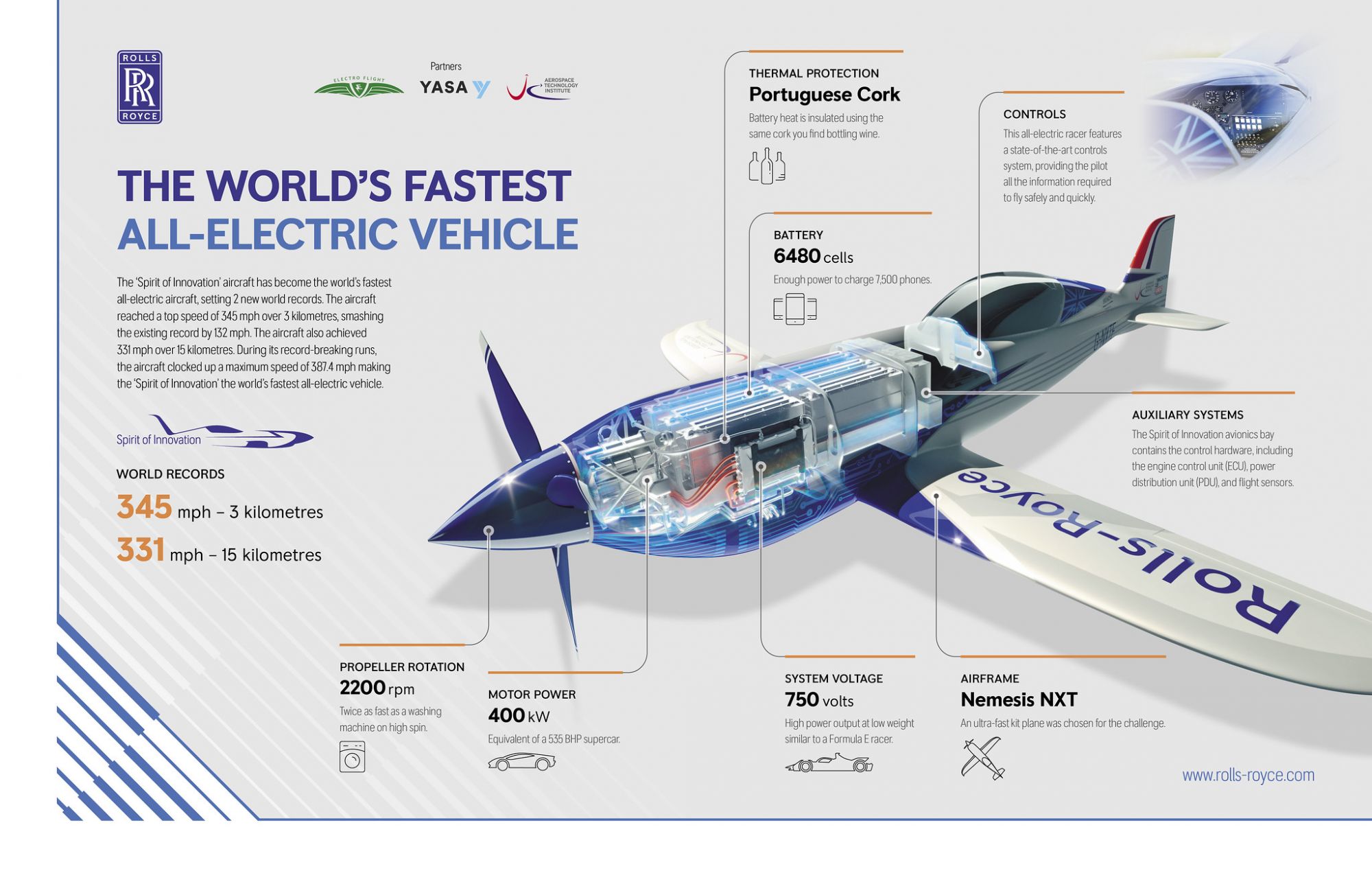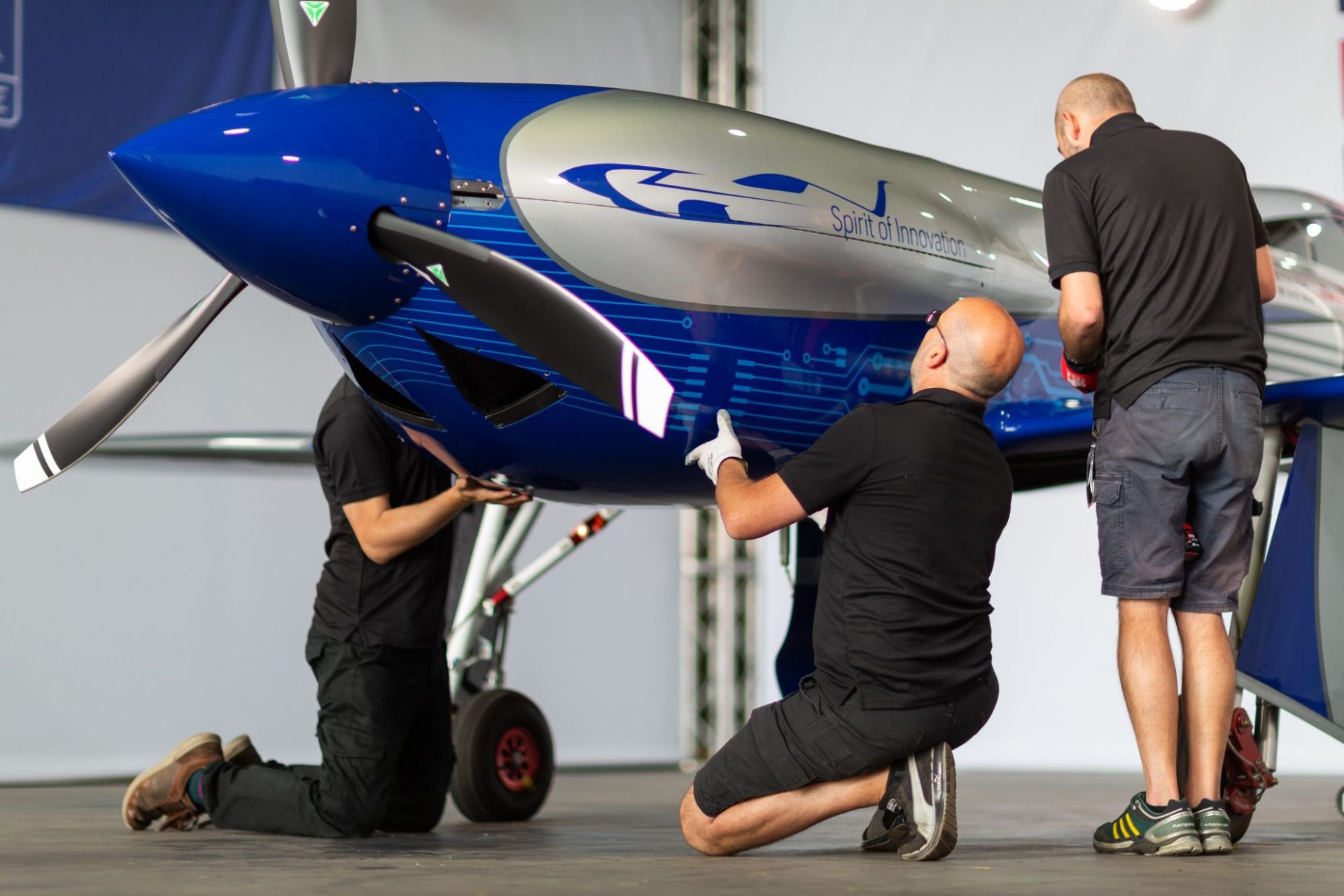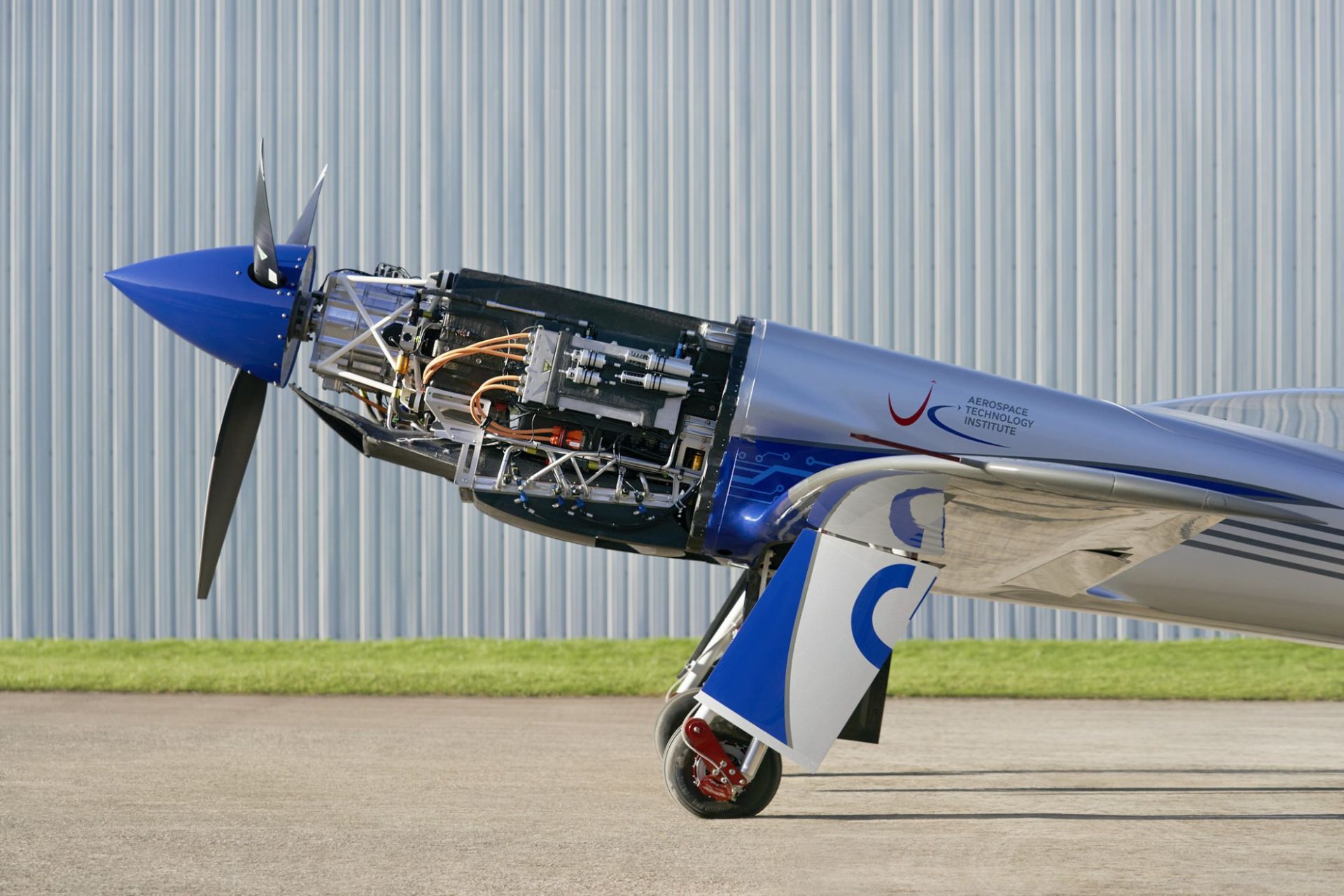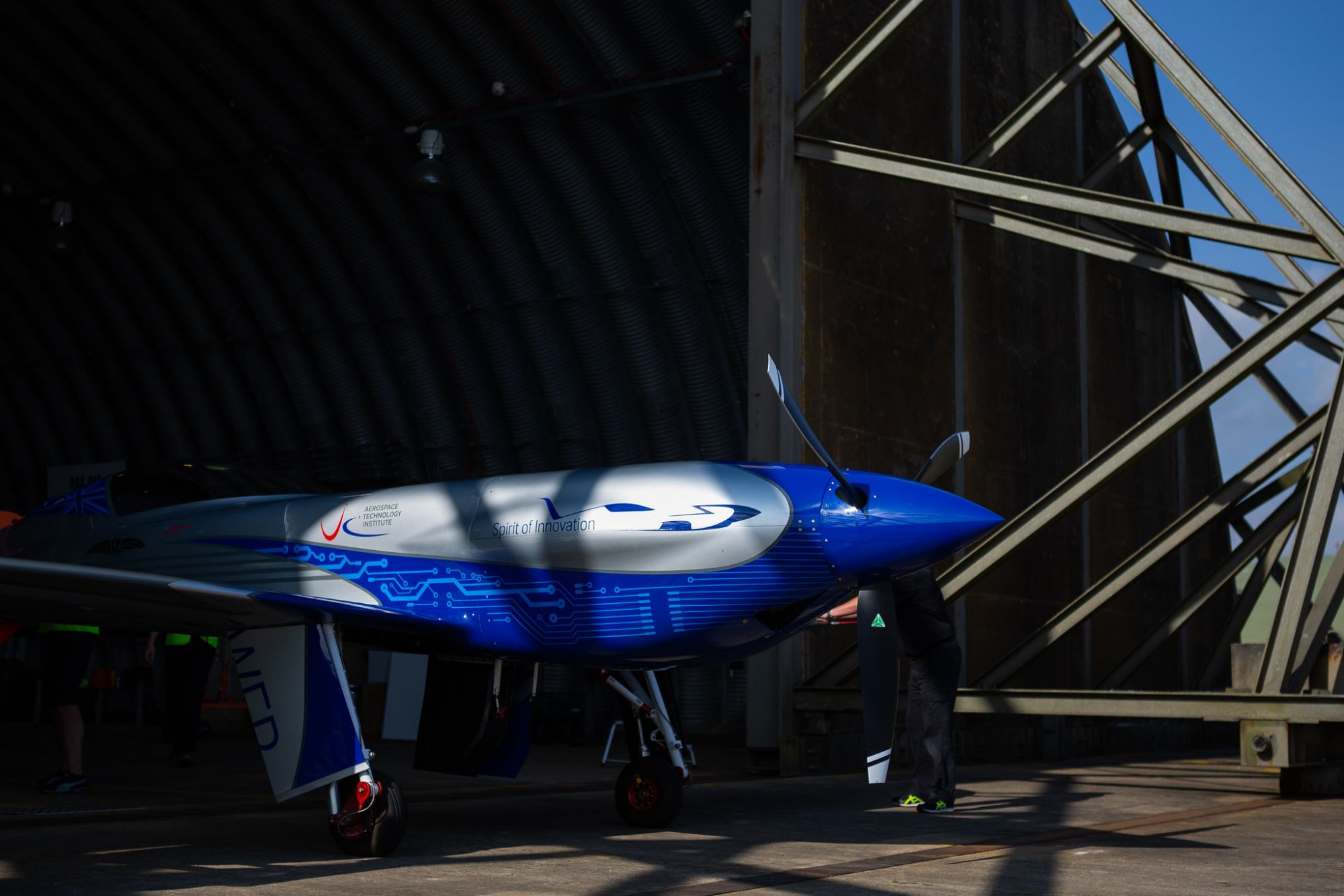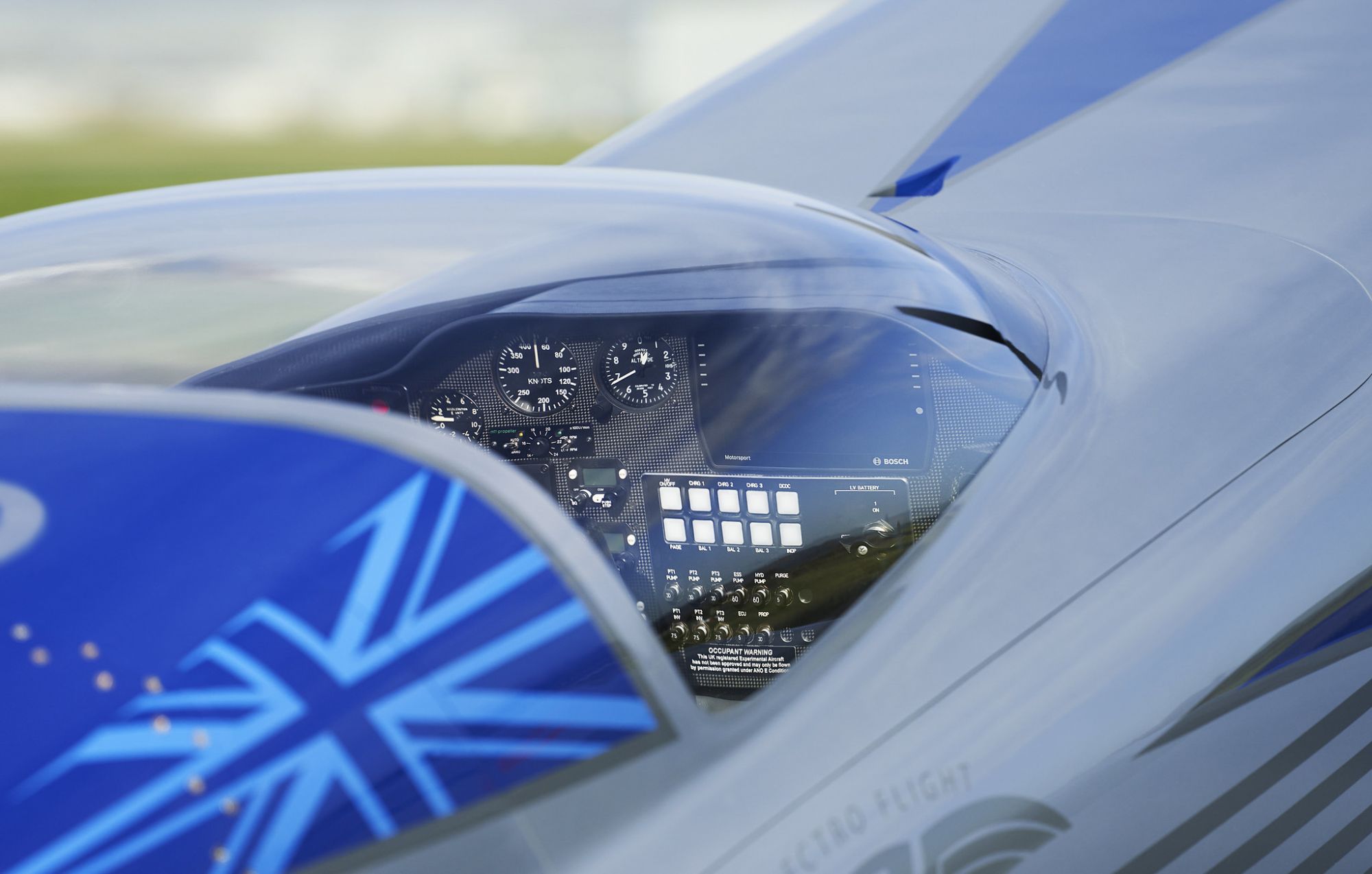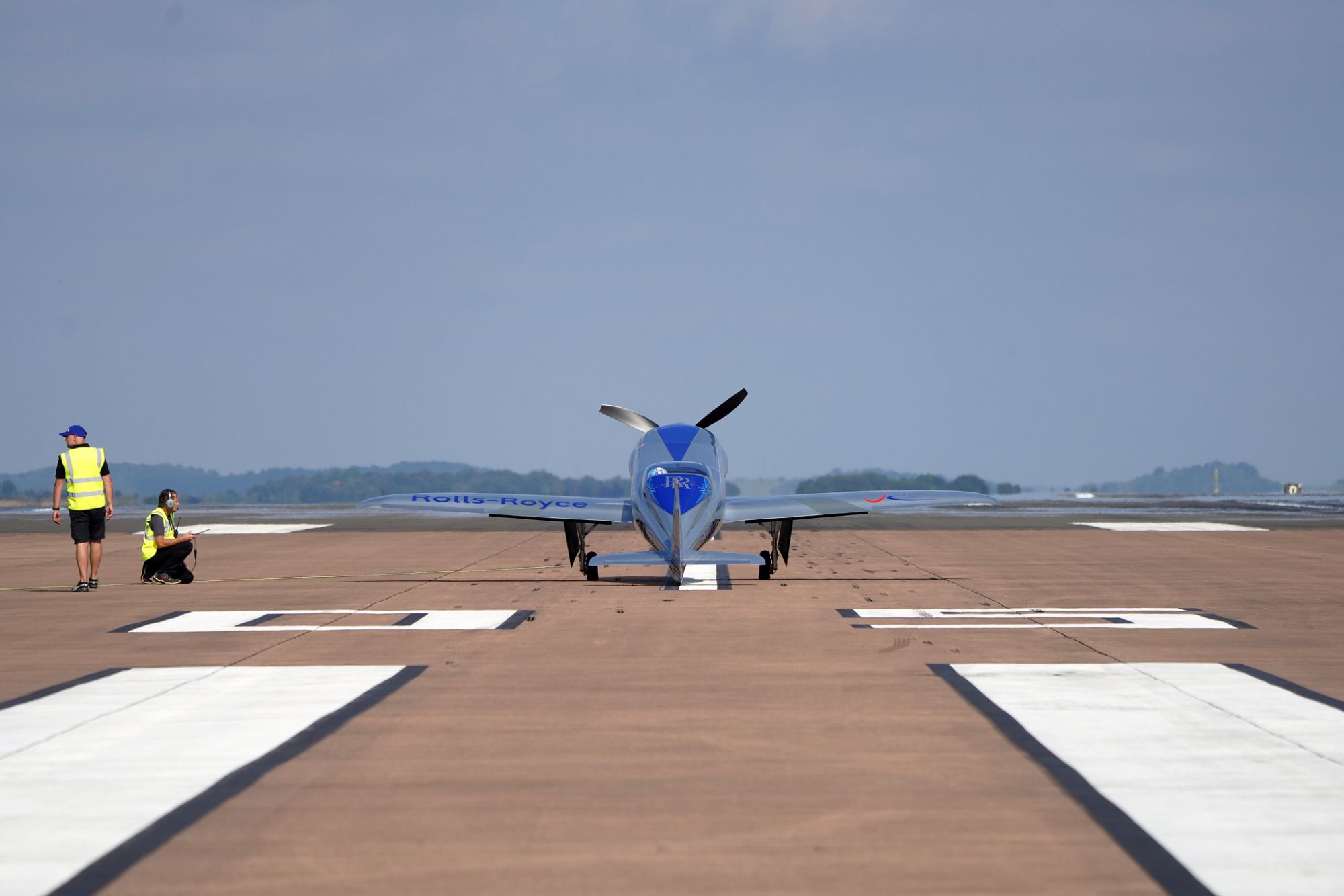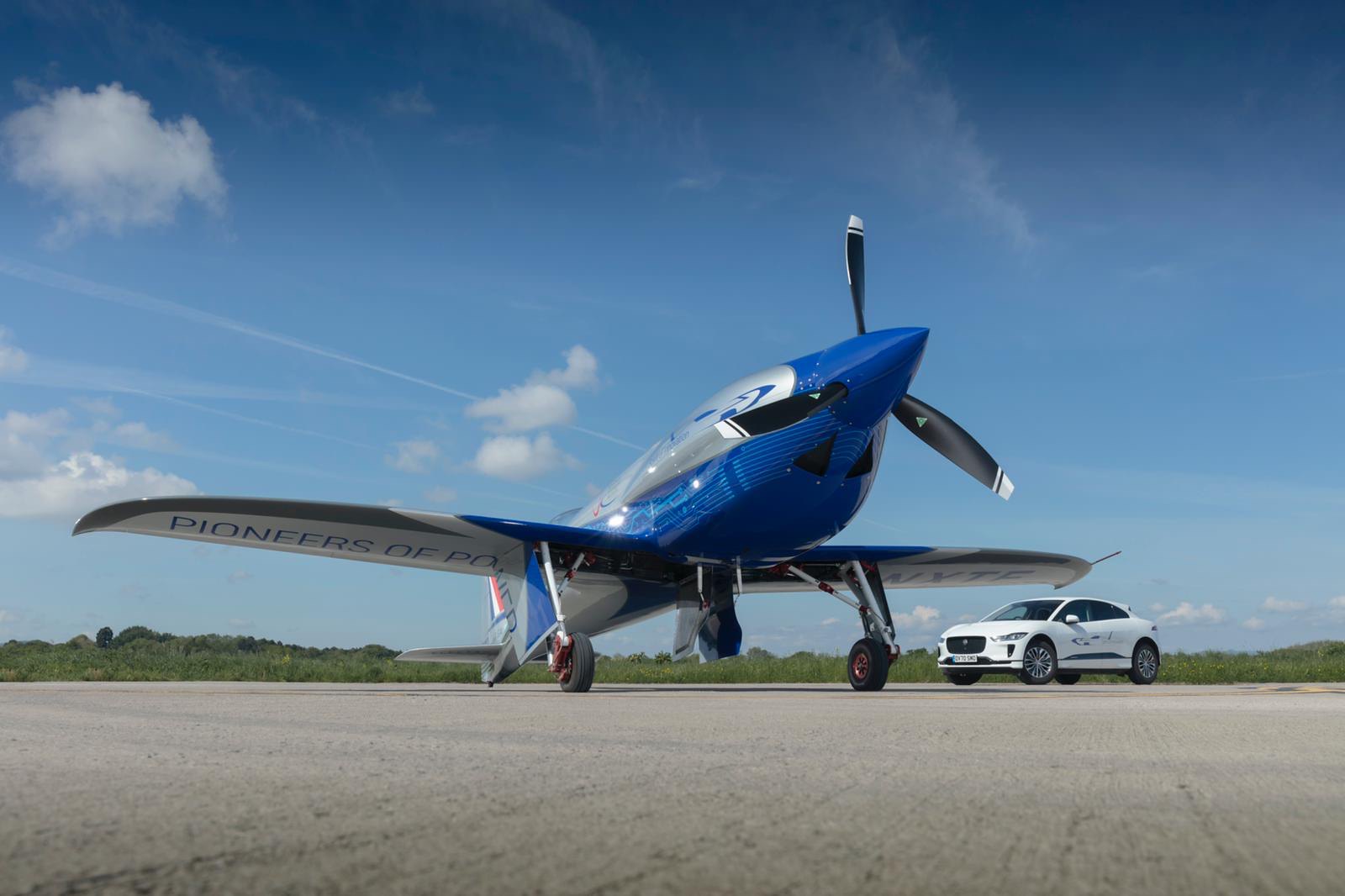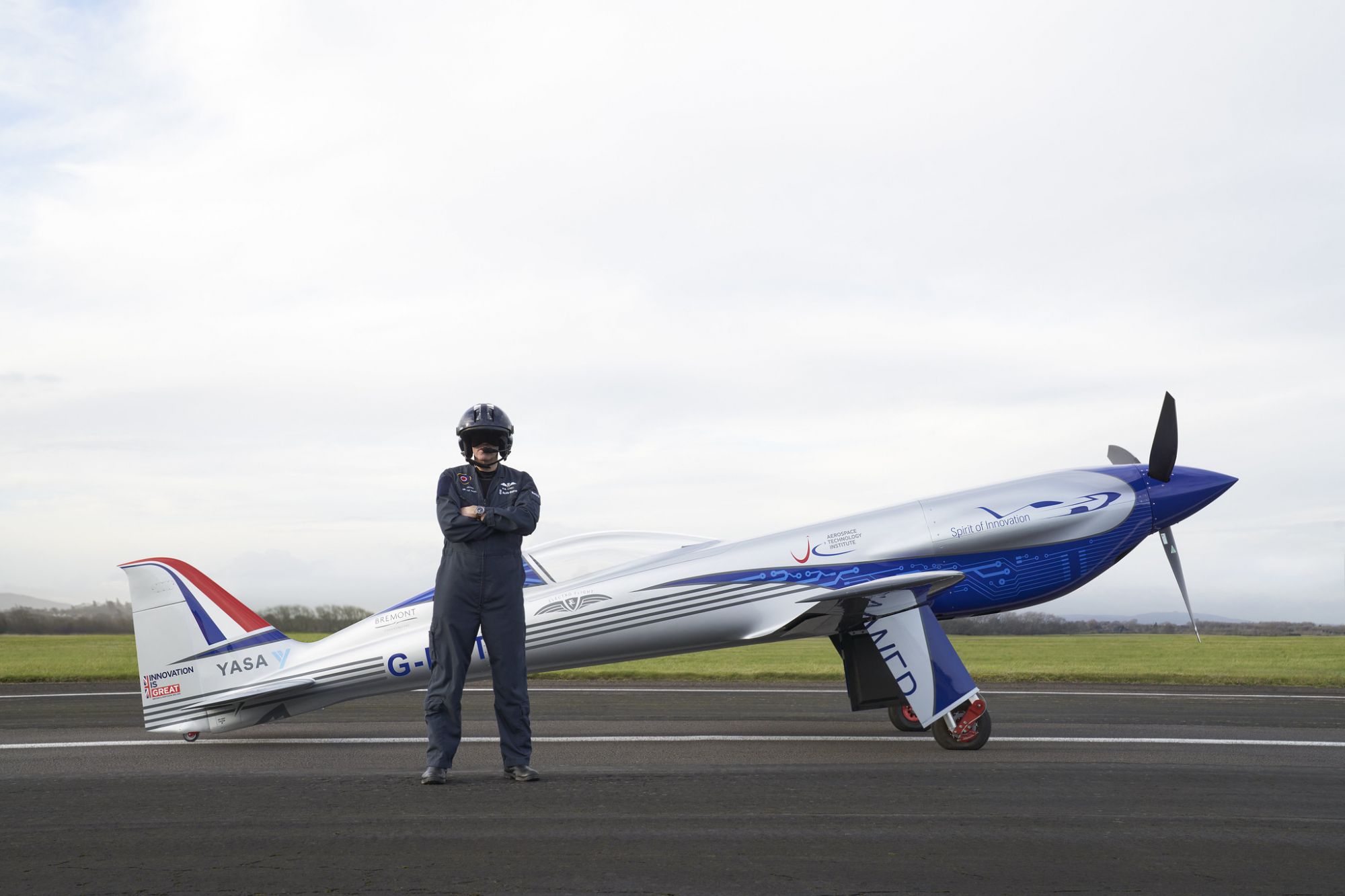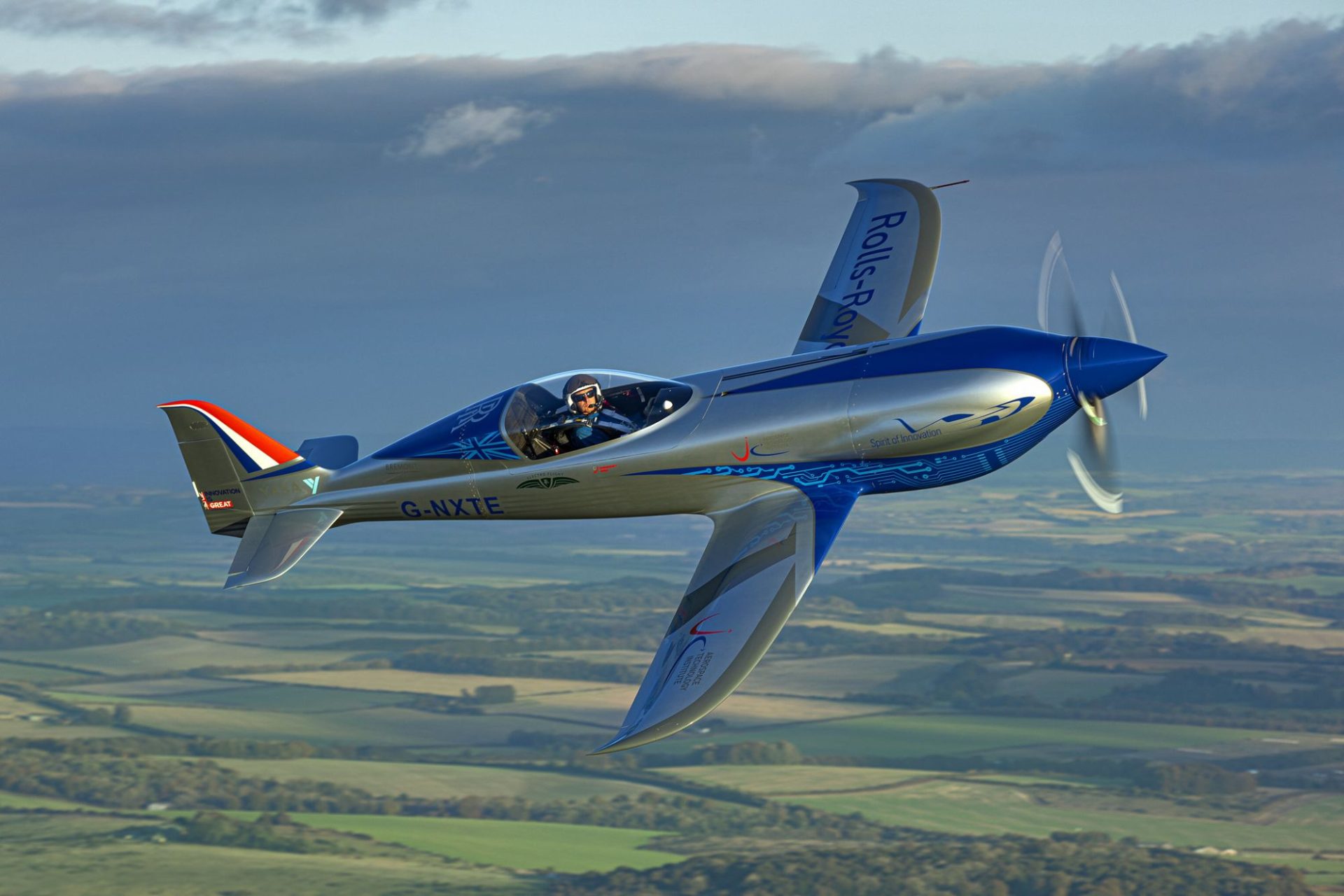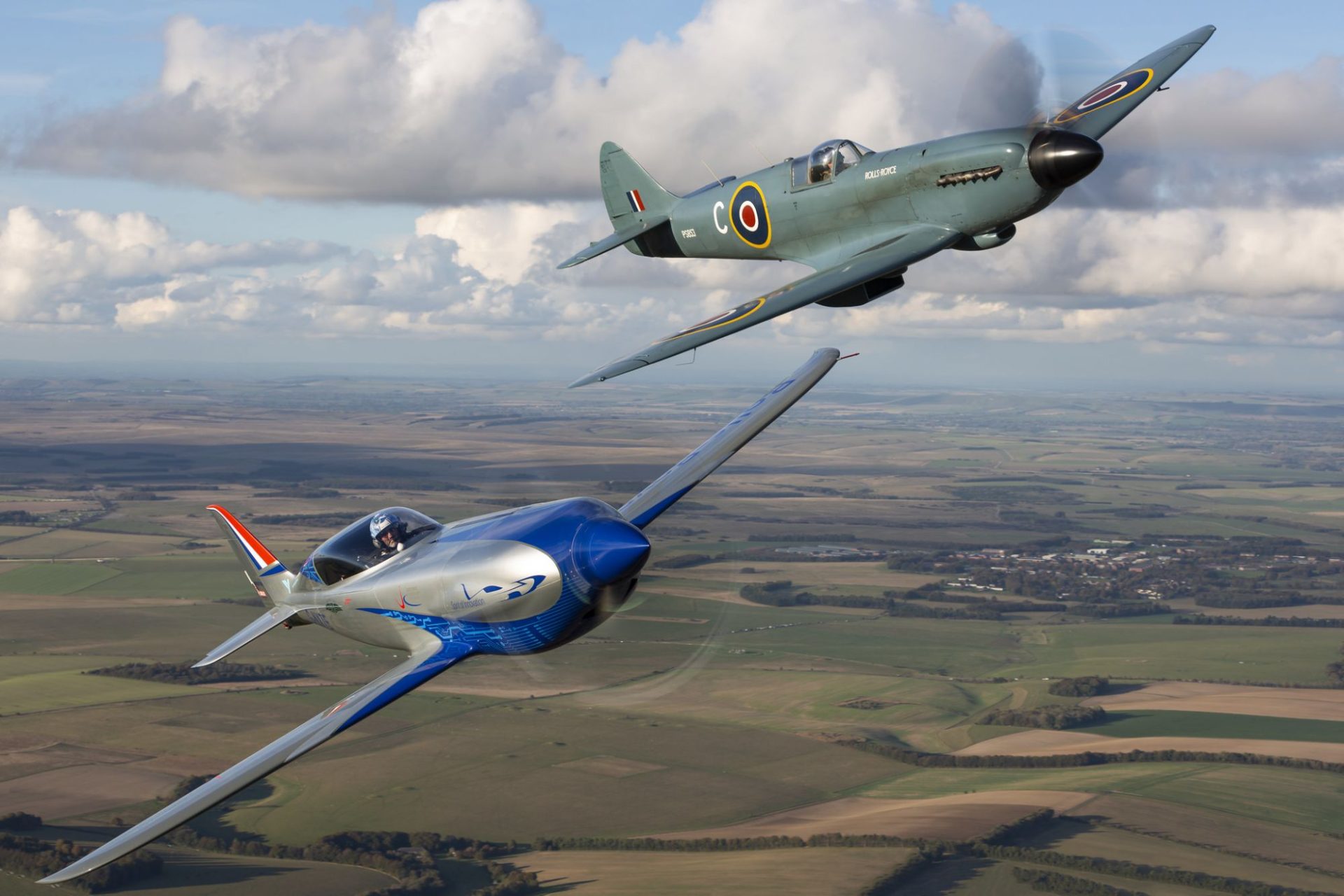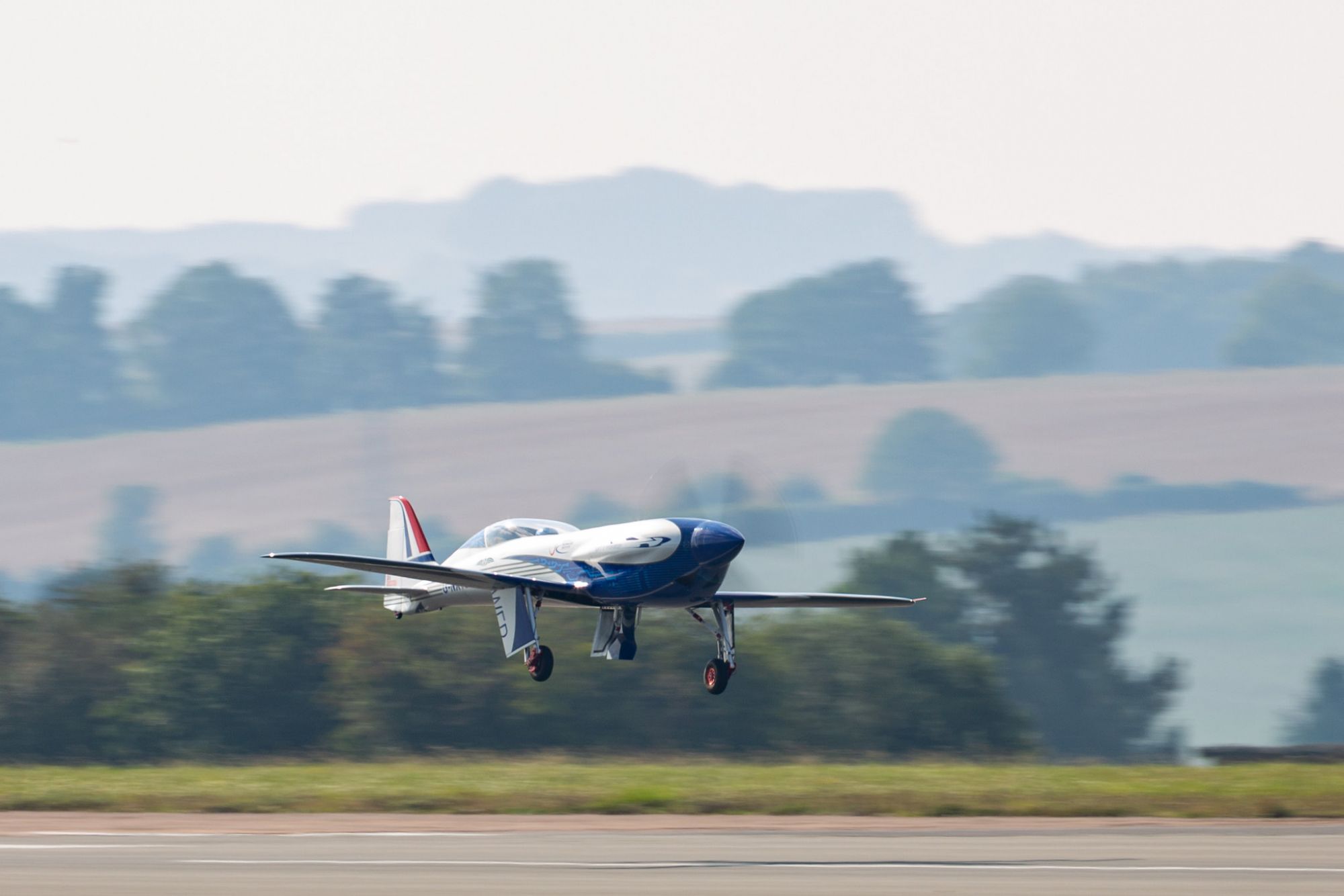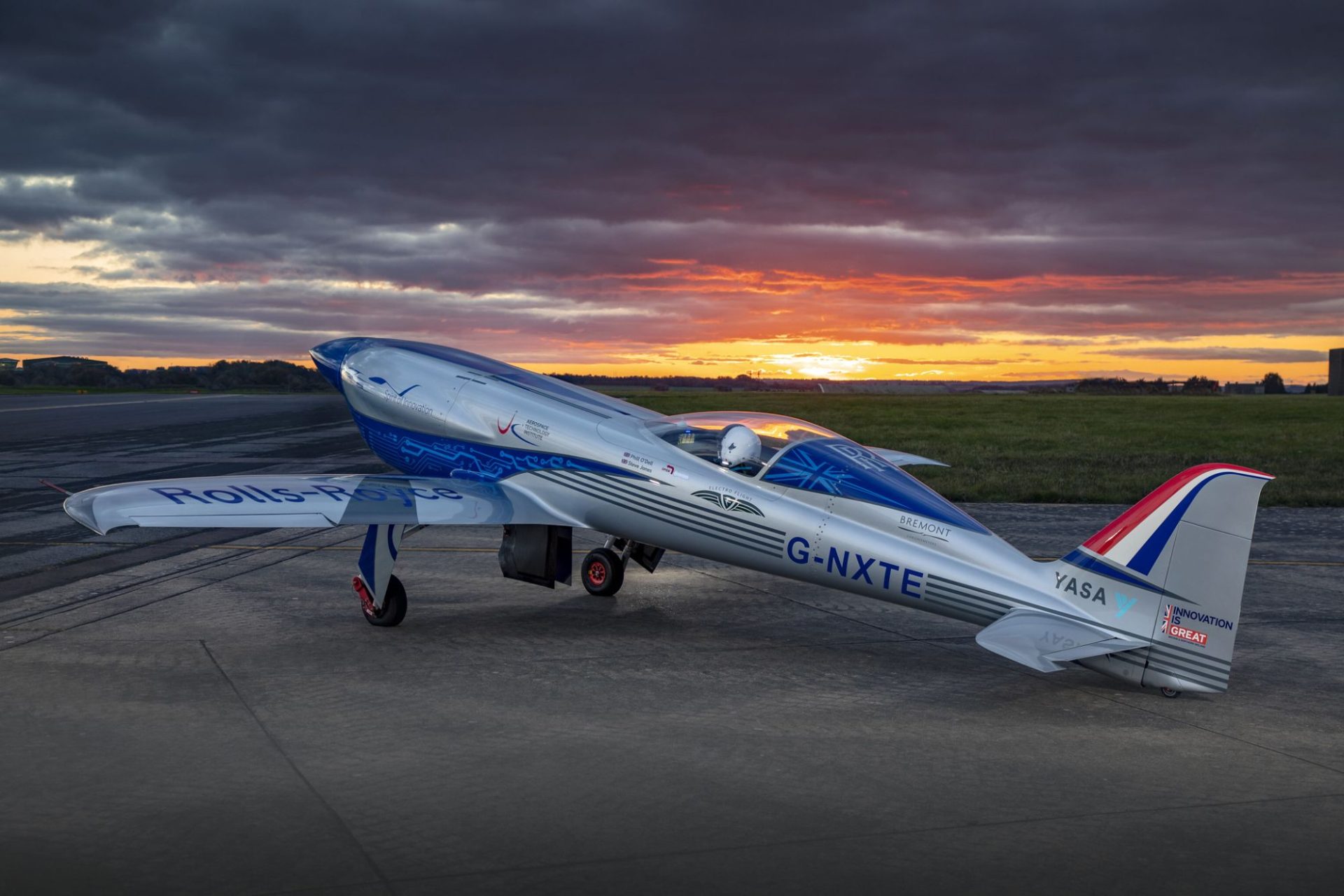Rolls-Royce speeds to jet zero
Rolls-Royce has celebrated the first flight of its all-electric Spirit of Innovation aircraft – the world's fastest zero-emission plane.
15 March 2022
The Rolls-Royce electric plane known as Spirit of Innovation took to the skies propelled by its powerful 400-kW (500-plus-hp) electric powertrain with the most power-dense battery pack ever assembled for an aircraft. This is another step towards the plane’s world-record attempt and another milestone on the aviation industry’s journey towards decarbonisation.
“The first flight of the Spirit of Innovation is a great achievement for the ACCEL team and Rolls-Royce,” stated Warren East, CEO Rolls-Royce.
“We’re focused on producing the technology breakthroughs society needs to decarbonise transport across air, land and sea, and capture the economic opportunity of the transition to net zero.
“This is not only about breaking a world record; the advanced battery and propulsion technology developed for this program has exciting applications for the Urban Air Mobility market and can help make jet zero’ a reality.”
Business Secretary Kwasi Kwarteng said, “The first flight of Rolls-Royce’s revolutionary Spirit of Innovation aircraft signals a huge step forward in the global transition to cleaner forms of flight.
“This achievement, and the records we hope will follow, shows the UK remains right at the forefront of aerospace innovation.
“By backing projects like this, the government is helping drive forward the boundary-pushing technologies that will leverage investment and unlock the cleaner, greener aircraft required to end our contribution to climate change.”
The aircraft took off from the UK Ministry of Defence’s Boscombe Down site, which is managed by QinetiQ and flew for approximately 15 minutes.
The site has a long heritage of experimental flights and the first flight marks the beginning of an intense flight-testing phase in which we will be collecting valuable performance data on the aircraft’s electrical power and propulsion system.
The ACCEL program, short for Accelerating the Electrification of Flight includes key partners YASA, the electric motor and controller manufacturer, and aviation start-up Electroflight. The ACCEL team have continued to innovate while adhering to the UK Government’s social distancing and other health guidelines.
Half of the project’s funding is provided by the Aerospace Technology Institute (ATI), in partnership with the Department for Business, Energy & Industrial Strategy and Innovate UK. In the run up to COP26, the ACCEL program is further evidence of the UK’s position at the forefront of the zero-emission aircraft revolution.
“The first flight of the Spirit of Innovation demonstrates how innovative technology can provide solutions to some of the world’s biggest challenges,” said Gary Elliott, CEO, Aerospace Technology Institute.
“The ATI is funding projects like ACCEL to help UK develop new capabilities and secure a lead in the technologies that will decarbonise aviation. We congratulate everyone who has worked on the ACCEL project to make the first flight a reality and look forward to the world speed record attempt which will capture the imagination of the public in the year that the UK hosts COP26.”
Rolls-Royce is offering customers a complete electric propulsion system for their platform, whether that is an electric vertical takeoff and landing (eVTOL) or commuter aircraft.
The company will be using the technology from the ACCEL project and applying it to products for these exciting new markets. The characteristics that ‘air-taxis’ require from batteries are very similar to what is being developed for the Spirit of Innovation so that it can reach speeds of 300-plus mph (480-plus kmh), which we are targeting in our world record attempt.
In addition, Rolls-Royce and airframer Tecnam are currently working with Widerøe, the largest regional airline in Scandinavia, to deliver an all-electric passenger aircraft for the commuter market, which is planned to be ready for revenue service in 2026.
In June, Rolls-Royce announced its pathway to net-zero carbon emissions – a year on from joining the UN Race to Zero campaign – and the Spirit of Innovation is one way in which the business is helping decarbonise the critical parts of the global economy in which it operates.
“We are committed to ensuring our new products will be compatible with net zero operation by 2030 and all our products will be compatible with net zero by 2050,” Rolls-Royce said in a statement.




